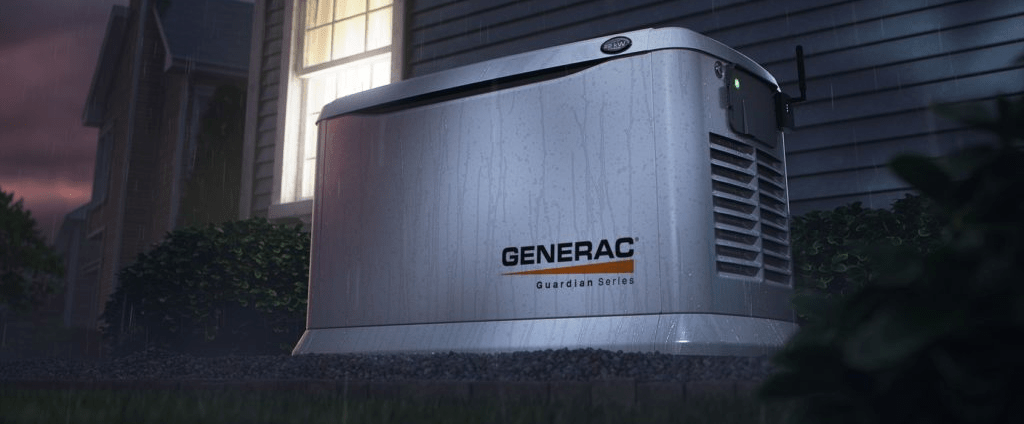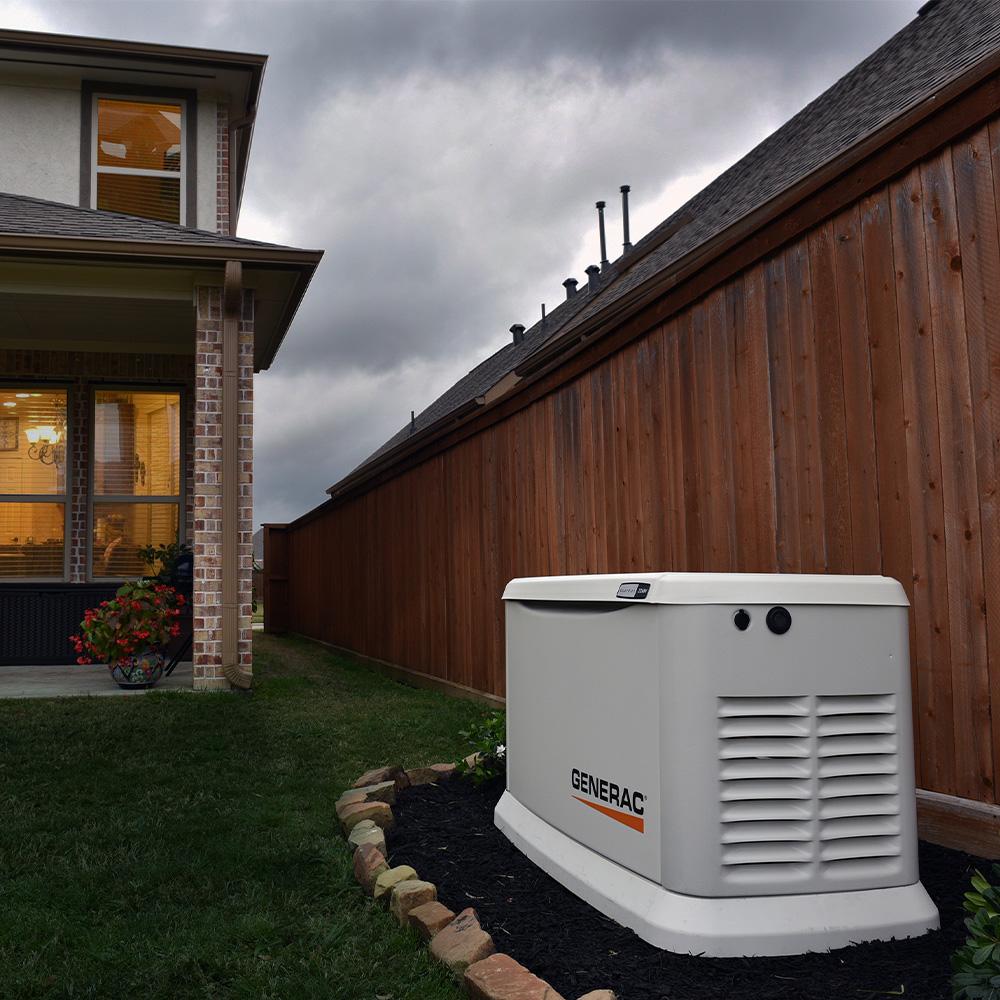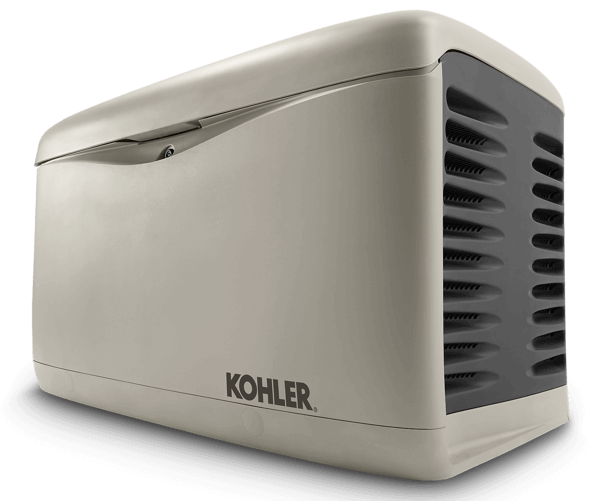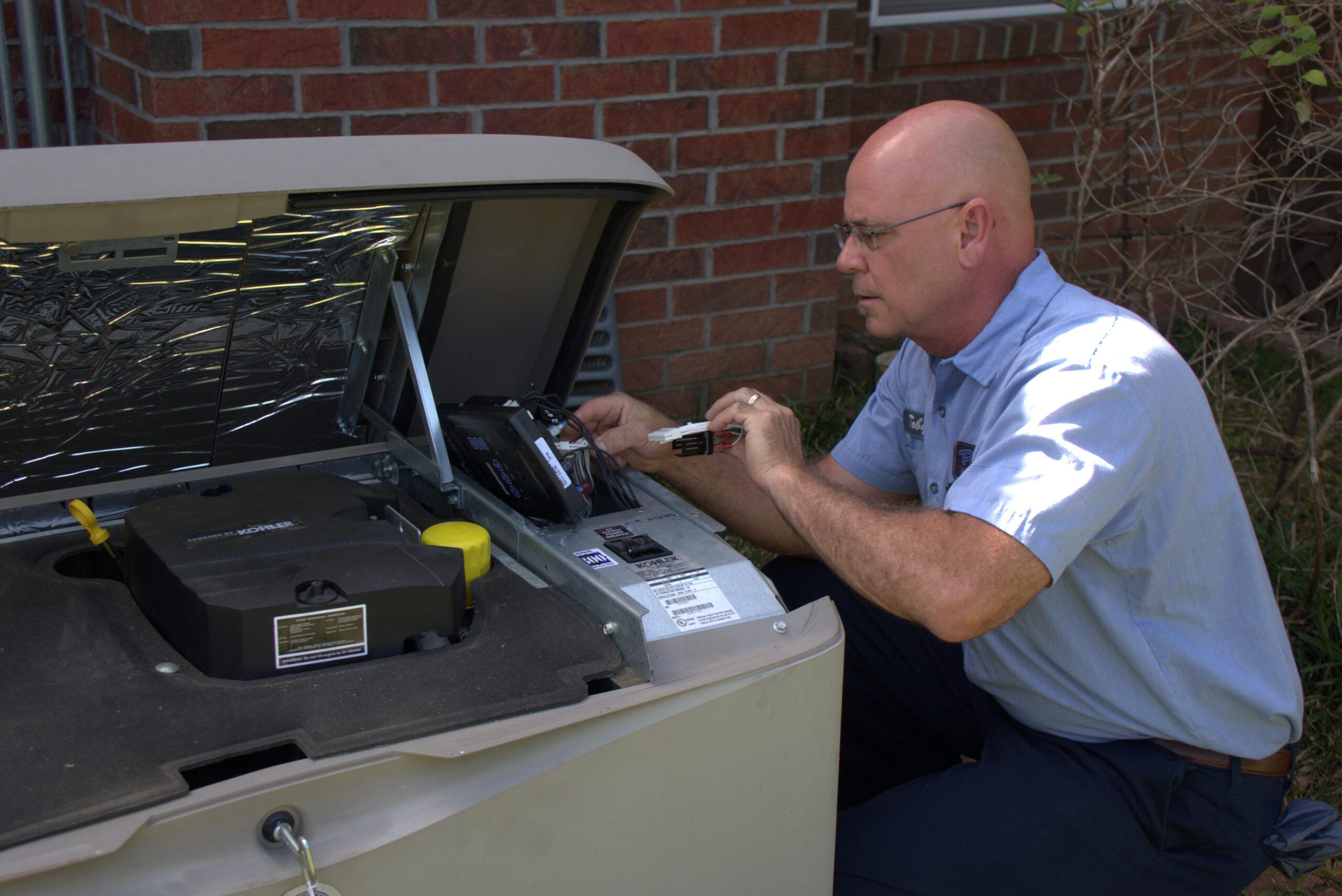Want to save with Paschal? Don’t miss our current offers and specials

Want to save with Paschal? Don’t miss our current offers and specials
Return to Paschal Resource & Education Hub

As a homeowner, having a reliable and efficient generator can provide peace of mind during power outages or natural disasters. A whole home generator can ensure that your essential appliances and systems, such as heating and cooling, lights, and refrigeration, continue to operate even if the power goes out. Choosing the right generator for your home can be a difficult task, but it is an important decision that should not be taken lightly.
In this article, we will compare 18kw generators and 26kw generators and discuss the key differences between the two. By the end of this article, you will have a better understanding of what to consider when choosing the right generator for your home.

Generator power ratings are typically expressed in either kilowatts (KW) or kilovolt-amperes (KVA). These measurements determine the amount of power a generator can produce, which is crucial when determining the right generator for your home.
Kilowatt (KW): Kilowatts are a measure of the actual electrical power that a generator can produce. This measurement is used to determine the amount of power needed to run your essential appliances and systems during a power outage.
Kilovolt-amperes (KVA): Kilovolt-amperes are a measure of the apparent power that a generator can produce. Apparent power is a measure of the generator’s electrical capacity, which includes both the active and reactive power components.
It is important to understand the difference between KW and KVA when choosing a generator, as the KVA rating is often used as a marketing tool to make a generator appear more powerful than it actually is. When choosing a generator, it is important to focus on the KW rating to ensure that it can produce the power you need to run your essential appliances and systems.
An 18kw generator is a popular choice for small to medium-sized homes. This type of generator can typically produce enough power to run the essential appliances and systems in homes up to 2,200 square feet.
A 26kw generator is a good choice for larger homes and for those who need to power multiple appliances and systems during a power outage. This type of generator can typically produce enough power to run essential appliances and systems in homes up to 4,500 square feet.

When choosing a whole home generator, it is important to consider the following factors:
Choosing the right whole home generator can provide peace of mind during power outages and natural disasters. An 18kw generator is a cost-effective and efficient option for small to medium-sized homes, while a 26kw generator is ideal for larger homes and for powering multiple appliances and systems.
When choosing a generator, it is important to consider the size of your home, the essential appliances and systems you need to run during a power outage, your budget, the installation location, and the maintenance requirements of the generator.
At Paschal Air, Plumbing & Electric, we specialize in whole home generator installation and repair. Our team of experts can help you choose the right generator for your home and ensure that it is installed and maintained properly. Contact us today to learn more about our whole home generator services.
